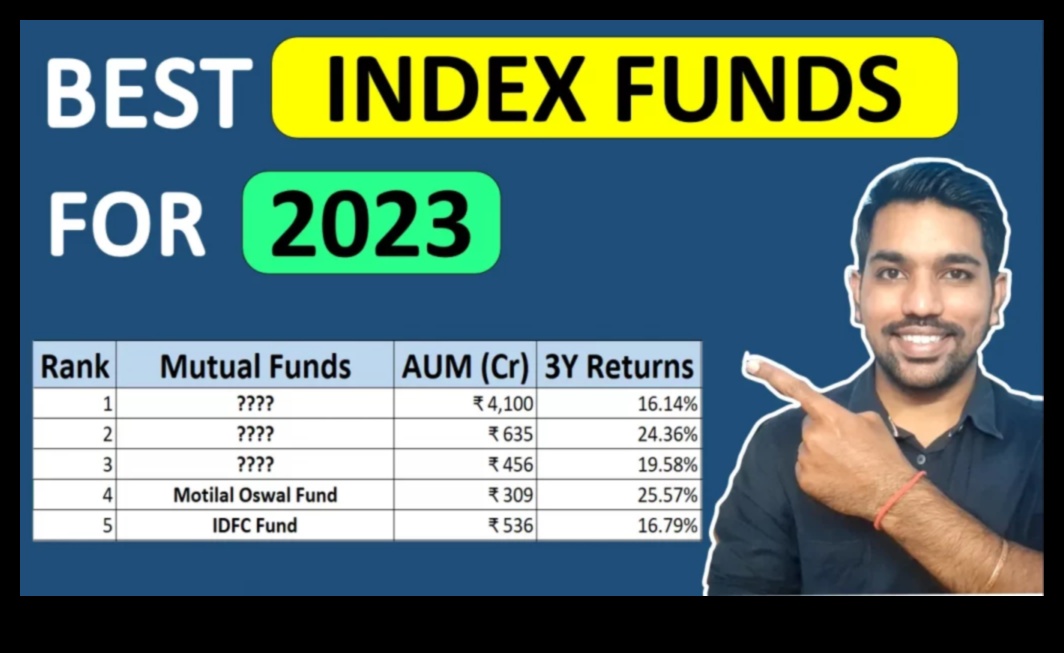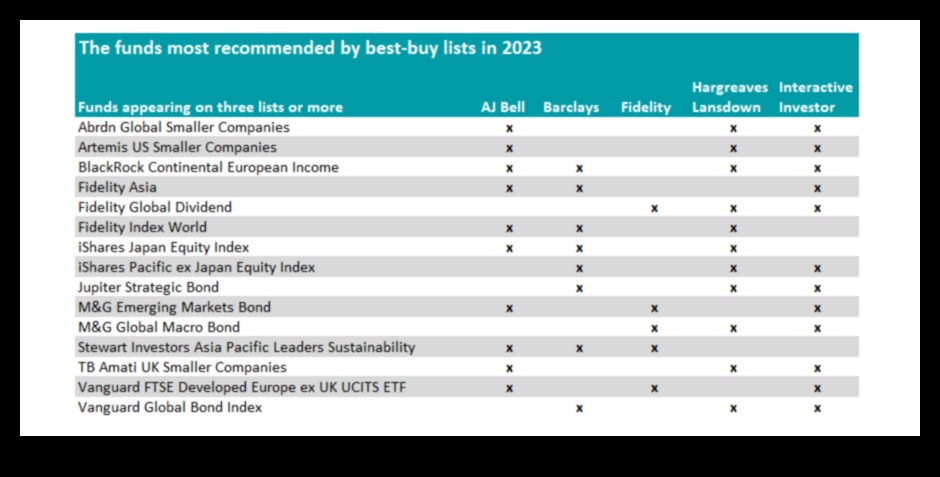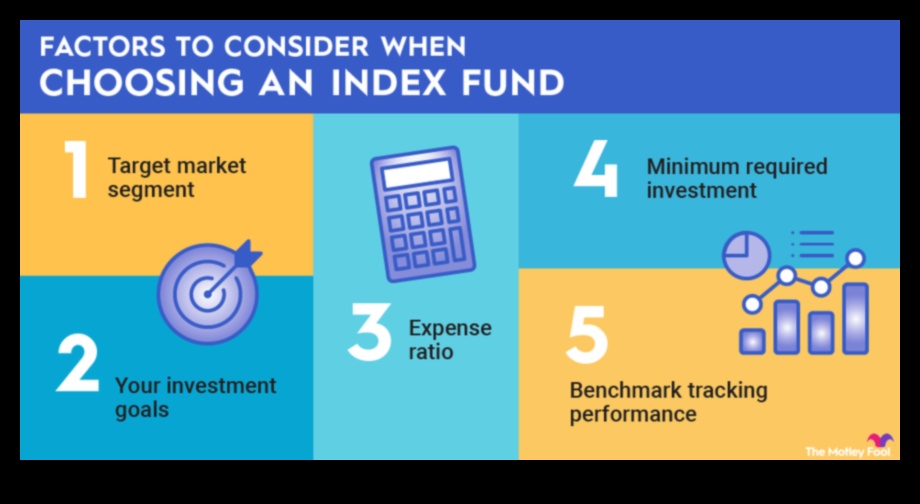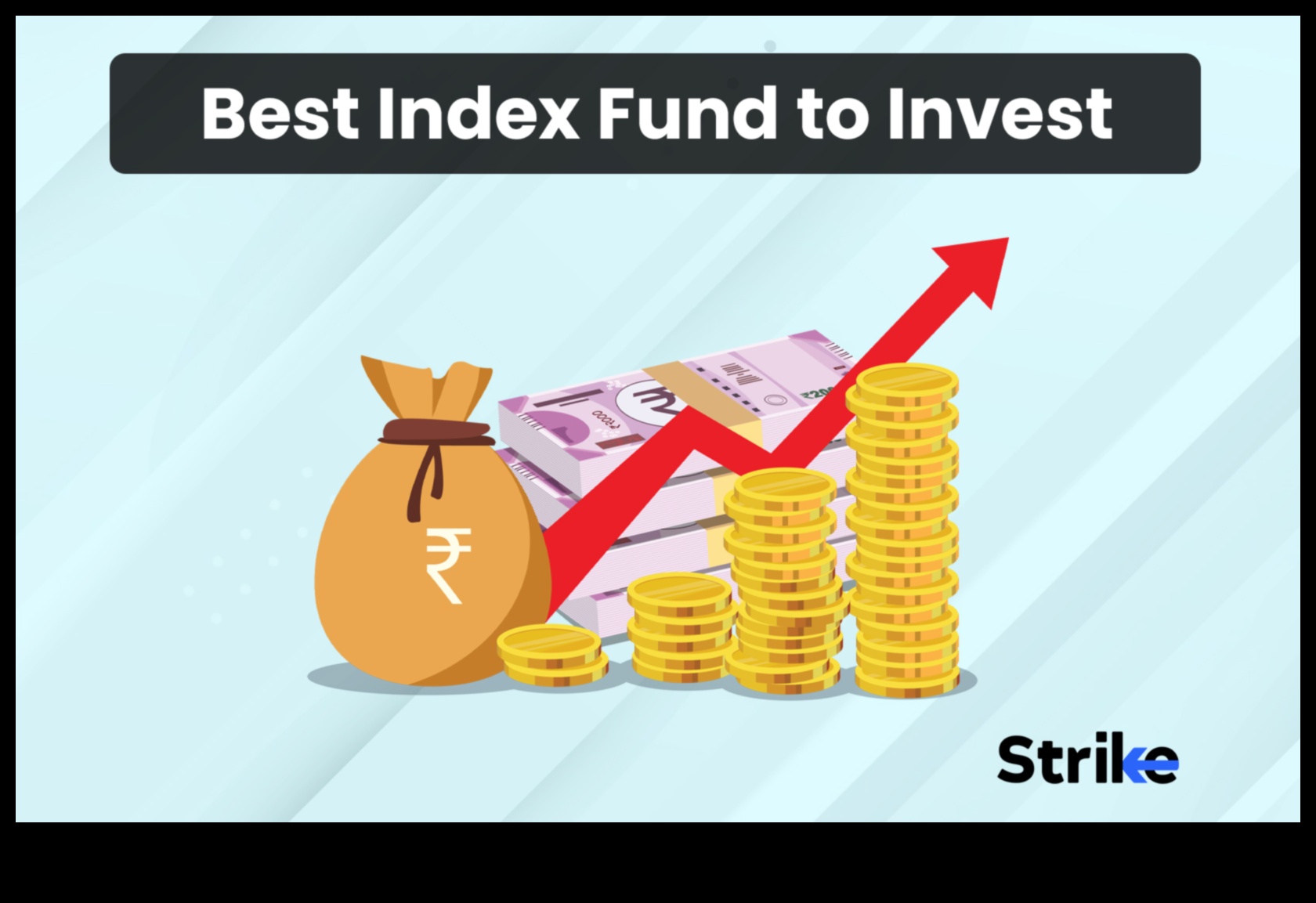
How to Buy Index Funds
Index funds are a type of mutual fund that tracks a specific index, such as the S&P 500 or the Nasdaq 100. This means that the fund’s performance will closely mirror the performance of the index it tracks.
Index funds are a popular investment choice for beginners because they are relatively low-cost and offer diversification. They are also a good choice for long-term investors who are looking for steady growth.
Here are the steps on how to buy index funds:
- Open a brokerage account.
- Choose an index fund to invest in.
- Fund your account.
- Place an order to buy the index fund.
To open a brokerage account, you can visit a traditional brokerage firm or sign up for an online brokerage account. Once you have opened an account, you can choose an index fund to invest in. There are many different index funds available, so you should do some research to find one that meets your investment goals and risk tolerance.
To fund your account, you can transfer money from your bank account or make a deposit using a credit card. Once your account is funded, you can place an order to buy the index fund.
Index funds are a great way to invest for the long term. They are low-cost, diversified, and offer the potential for long-term growth. If you are new to investing, index funds are a great place to start.
| Topic | Answer |
|---|---|
| Index funds | A type of mutual fund that tracks a particular index, such as the S&P 500 or the Dow Jones Industrial Average. |
| How to buy index funds | You can buy index funds through a brokerage account. |
| Investment | Index funds are a good investment for long-term investors who are looking for a low-cost way to track the performance of the stock market. |
| Stock market | Index funds are a good way to invest in the stock market without having to pick individual stocks. |
| Financial advisor | A financial advisor can help you decide if index funds are right for you and can help you choose the best index funds for your investment goals. |

II. What is an index fund?
An index fund is a type of mutual fund or exchange-traded fund (ETF) that tracks a particular market index. This means that the fund’s performance is closely correlated to the performance of the index it tracks.
For example, if you invest in an S&P 500 index fund, your returns will be closely correlated to the returns of the S&P 500 index. This is because the fund will hold a portfolio of stocks that is similar to the portfolio of stocks that makes up the S&P 500 index.
Index funds are a popular investment choice for investors of all experience levels. This is because they offer a number of benefits, including:
- Low fees
- Diversification
- Passive management
For more information on index funds, please see our article on index funds.
III. Benefits of investing in index funds
There are many benefits to investing in index funds, including:
- Diversification: Index funds invest in a wide variety of stocks, which helps to reduce risk.
- Low fees: Index funds typically have low fees, which means that you keep more of your investment returns.
- Passive management: Index funds are passively managed, which means that there is no need to pay for an expensive investment manager.
- Tax efficiency: Index funds are tax-efficient, which means that you can keep more of your investment returns.
- Accessibility: Index funds are available through most brokerage firms, which makes them easy to invest in.

IV. Different types of index funds
There are many different types of index funds available, each with its own unique characteristics. Some of the most common types of index funds include:
- Stock index funds track the performance of a specific stock market index, such as the S&P 500 or the Dow Jones Industrial Average.
- Bond index funds track the performance of a specific bond market index, such as the Bloomberg Barclays U.S. Aggregate Bond Index.
- Mutual funds that invest in index funds are called index mutual funds. They are similar to index funds, but they are sold by mutual fund companies and are subject to the same fees and regulations as other mutual funds.
- Exchange-traded funds (ETFs) that invest in index funds are called index ETFs. They are similar to index mutual funds, but they trade on stock exchanges like stocks and are subject to different fees and regulations.
Each type of index fund has its own advantages and disadvantages. Stock index funds offer the potential for higher returns than bond index funds, but they also carry more risk. Bond index funds offer lower returns than stock index funds, but they also carry less risk.
Investors should carefully consider their investment goals and risk tolerance before choosing an index fund.

V. How to choose the best index fund for you
There are a few factors to consider when choosing the best index fund for you. These include:
- Your investment goals
- Your risk tolerance
- Your time horizon
- Your budget
Once you have considered these factors, you can start to narrow down your choices. There are a number of online resources available to help you compare different index funds.
Once you have chosen an index fund, you can open an account with a brokerage firm and start investing.
Here are some tips for choosing the best index fund for you:
- Do your research. Read up on different index funds and compare their performance over time.
- Consider your investment goals. What are you hoping to achieve with your investment?
- Be realistic about your risk tolerance. How much risk are you willing to take on?
- Set a time horizon. How long do you plan to hold your investment?
- Consider your budget. How much money do you have to invest?
By following these tips, you can choose the best index fund for your individual needs.

6. Conclusion
Index funds are a great way to invest for the long term. They are diversified, low-cost, and offer the potential for solid returns. If you are new to investing, or if you are looking for a simple and affordable way to invest, index funds are a great option.
However, it is important to remember that there is no guarantee of returns with investing. Index funds can lose money, just like any other investment. It is important to understand the risks involved before you invest.
If you are not sure whether index funds are right for you, it is a good idea to talk to a financial advisor. A financial advisor can help you assess your financial goals and risk tolerance and recommend the best investment options for you.
VII. Risks of investing in index funds
There are a few risks associated with investing in index funds, including:
- Market risk: All investments are subject to market risk, which is the risk that the value of your investment will go down. This can happen for a variety of reasons, such as economic downturns or changes in investor sentiment.
- Currency risk: If you invest in an index fund that is denominated in a foreign currency, you are exposed to currency risk, which is the risk that the value of the foreign currency will change against the value of your home currency. This can affect the value of your investment.
- Liquidity risk: Index funds are typically liquid investments, which means that you can sell your shares at any time. However, there may be times when the market is illiquid and you may not be able to sell your shares at the price you want.
- Tracking error: Index funds are designed to track a particular index, but there is always the possibility that the fund will not track the index perfectly. This is known as tracking error and it can occur for a variety of reasons, such as trading costs, management fees, and market volatility.
It is important to be aware of these risks before investing in index funds. However, it is important to remember that index funds are still considered to be relatively safe investments, and they offer a number of benefits over other types of investments.
Conclusion
Index funds are a great way to invest for the long term. They are diversified, low-cost, and tax-efficient. By investing in index funds, you can achieve your financial goals without having to worry about market timing or picking individual stocks.
If you are new to investing, index funds are a great place to start. They are a simple and affordable way to get started building your wealth.
If you are an experienced investor, index funds can still be a valuable part of your portfolio. They can help you to diversify your investments and reduce your risk.
Overall, index funds are a great choice for investors of all experience levels. They are a simple, affordable, and effective way to build wealth over the long term.
IX. FAQHere are some frequently asked questions about index funds:
- What is an index fund?
- What are the benefits of investing in index funds?
- What are the different types of index funds?
- How do I choose the best index fund for me?
- How do I invest in index funds?
- What are the risks of investing in index funds?
For more information on index funds, please see the resources section below.
FAQ
Q: What is an index fund?
A: An index fund is a type of mutual fund or exchange-traded fund (ETF) that tracks the performance of a specific index. This means that the fund’s returns will closely mirror the returns of the index it is tracking.
Q: What are the benefits of investing in index funds?
A: There are many benefits to investing in index funds, including:
- Low fees
- Diversification
- Reliable returns
- Tax efficiency
Q: How do I choose the best index fund for me?
A: There are a few things to consider when choosing an index fund, including:
- Your investment goals
- Your risk tolerance
- Your time horizon
For more information on choosing the best index fund for you, please consult with a financial advisor.